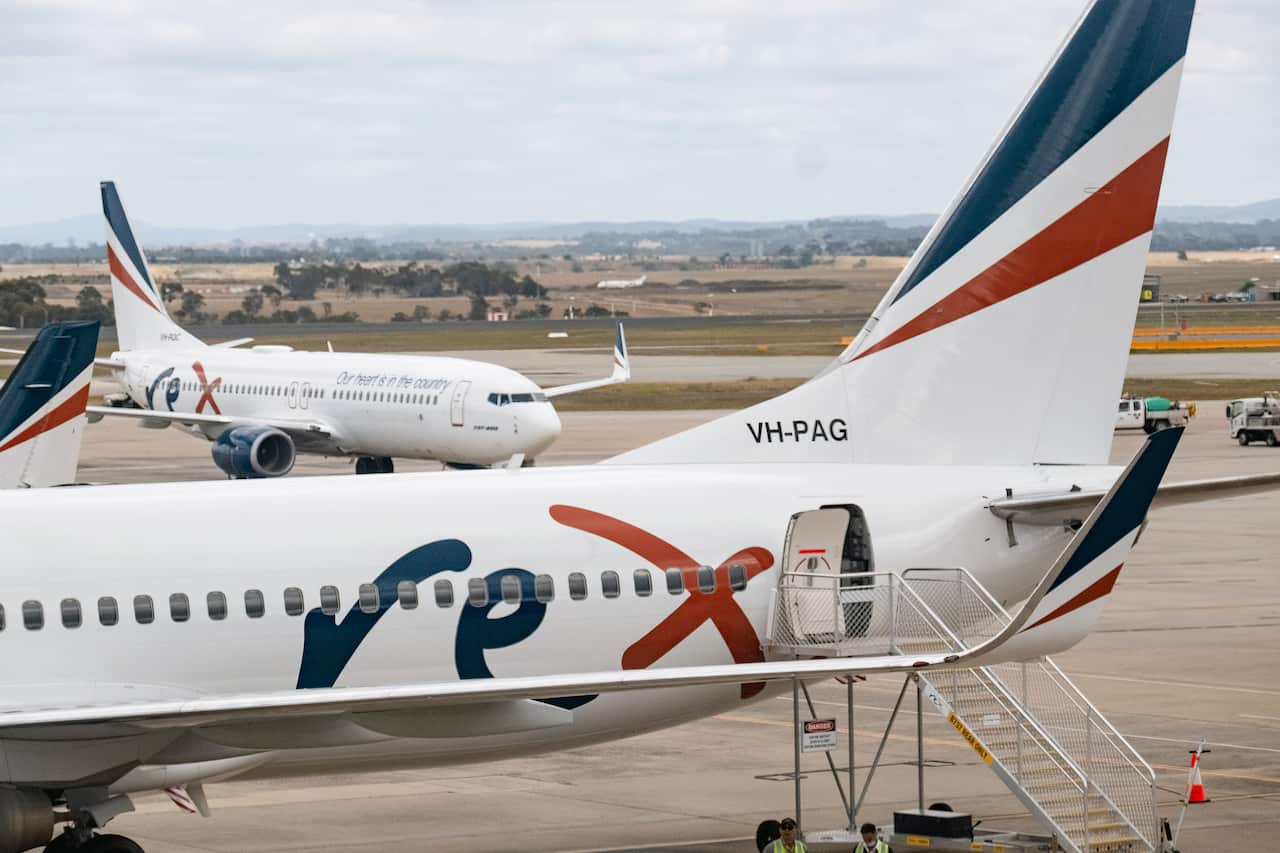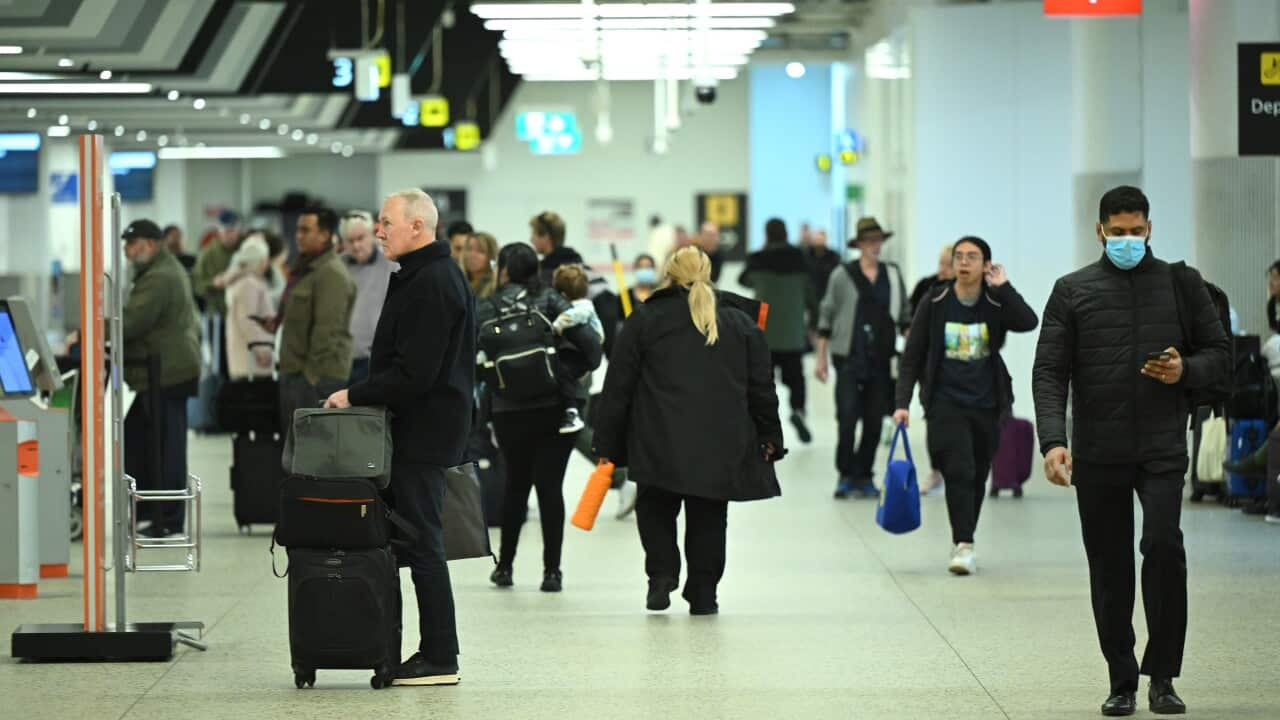Key Points
- Budget airlines Rex and Bonza have both collapsed in recent months.
- Experts say less competition in the domestic market could lead to steeper prices for some popular flight routes.
- According to the ACCC, no intercity route is being serviced by more than two companies.
Airfares have trended down and airlines have been more reliable over the past twelve months, according to the Australian Competition and Consumer Commission’s (ACCC) quarterly report on the domestic airline sector.
Since June 2023 prices have dropped by 5.2 per cent in real terms.
But with the and , competition in the domestic market has been squeezed and the competition watchdog has warned fares could take off again.
Angus Kidman, a travel expert at financial comparison site Finder, said it wasn’t surprising that Australians had experienced some improvement in fares now the full effect of the COVID-19 pandemic had eased.
But he cautioned anyone thinking Australia would return to the pre-pandemic era of cheap flights.
“We haven’t seen a return to the mega-mega cheap fares that we used to see six or seven years ago,” he said.
“It is the case now that on most [domestic] routes you’re not seeing fares under 100 bucks outside of sales. Realistically we probably won’t.”
The departure of two airlines, Rex and Bonza, has reduced competition in the domestic market. Source: AAP / Luis Ascui
A lack of domestic competition
Rex entered voluntary administration in July and is currently seeking a buyer.
It halted its intercity jet-serviced routes but continues to operate its regional flight schedule with the help of a federal government guarantee.
Rex launched its first intercity service — Melbourne to Sydney — in 2021, before expanding to Adelaide, Brisbane, Canberra, the Gold Coast, and Perth.
“Should Rex’s intercity services not re-commence, consumers would miss out on the competition that Rex provided with Qantas, Jetstar (A Qantas subsidiary), and Virgin Australia on 13 major routes including to and from Sydney, Melbourne, Brisbane, Cairns, Perth, and the Gold Coast,” the ACCC’s report says.
The ACCC said when Rex began its intercity expansion in 2021, the average airfare paid per passenger across those routes fell by around 25 per cent.
The report says the ACCC will “closely monitor airfares on intercity routes” following Rex’s departure.
Despite competing on major routes, Rex was unable to grow its share of the domestic market beyond 5 per cent, the ACCC said.
“It was a good ambition to go into major centres and try to become profitable,” Kidman said. “But it shows how much of a duopoly is in place; even with substantial backing and a relatively well-recognised brand it wasn’t able to make much impact.”
Bonza, which served regional airports, collapsed in April.
The report also notes that, after the collapse of Rex and Bonza, no intercity route is being serviced by more than two companies.
It also says jet fuel prices “continue to trend downwards”, and that Australia’s older-than-average domestic airline fleet would improve over time due to the airlines’ fleet renewal programs.

